The Ultimate Project Management Software Guide for Startups
Every day in the startup world is characterized by various tasks, from finances to client-facing work, building new products to administrative items, and more. There’s a lot of work to be done and a lot of hands in the pot trying to tackle each action item that pops up.
Startups have a team-first mentality, where every team member is willing to jump in and play a part to get the job done. That horizontal leadership structure can lead to a lot of camaraderie, but the day-to-day roles and responsibilities related to project ownership and completion can get messy and chaotic.
That wasted time can be costly when every minute and dollar spent in the early startup days are precious, especially when nine out of 10 startups fail .
But don’t let that statistic make you panic quite yet. Having the right tools in place, such as project management software that keeps the whole team organized and on task , is a critical driver in reducing the risk of failure and achieving that seemingly elusive startup success.
Curious? We’ve rounded up some of the fundamental reasons project management should matter to your startup, what to look for in project management software tools, and how to identify and implement the right project management software tool while keeping your (often tight) budget in mind.
Why should project management matter to startups?
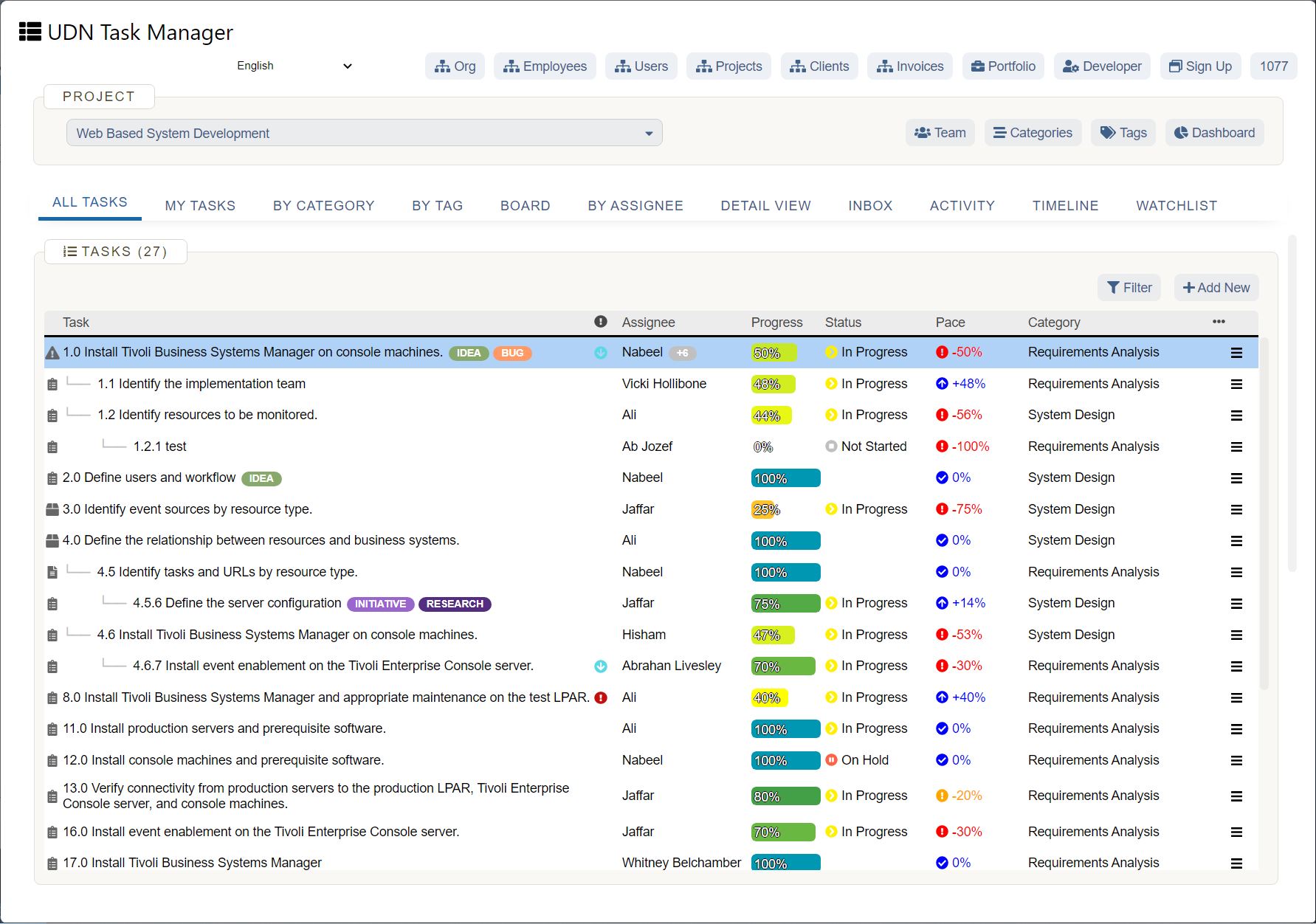
Effective project management is imperative to any business, no matter the size of the organization.
According to the latest Pulse of the Profession report by the Project Management Institute ( PMI ), 57% of respondents saw significant business changes in their operational efficiencies over the past year and another 49% experienced changes in the maturity of their project management.
That means that even if project management and efficiencies aren’t top of mind for you as your startup gets off the ground , they should make their way to the top of the list as your company grows. These aspects of a business are important to the success of project completion and business strategy.
Sure, a formalized project management tool and processes can seem unnecessary, rigid, and overly burdensome for the flexible, entrepreneurial startup culture . But the reality is that defining project management methodologies and implementing a software tool at the beginning will help your business thrive as it scales. Rest assured that flexibility can coexist alongside process and organization, and a project management software tool can help with the latter.
Project management for startups is more than planning , organizing, and executing projects from start to finish. There are several benefits of defined project management practices, specifically when it comes to running a startup .
Startups have small teams and a spirit for collaboration, which breeds fluid job roles and responsibilities. A limited number of employees in flexible positions can make it challenging to figure out which tasks and projects rank higher than others — and who exactly is responsible for what.
Introducing project management processes and software in the early stages of a startup can help the team better prioritize their work. You have to make the most of your limited resources while executing on your vision and big goals, and project management for startups can help you do just that — without frustration and confusion.
No two days at a startup are the same. Priorities shift, the overall company vision may change, and innovation can lead to new products and services that weren’t even on your radar a couple of months ago. With so many moving parts, staying organized and sticking to a schedule (especially one that clients or customers are counting on) can fall by the wayside.
Project management practices help you monitor progress and ensure important deadlines aren’t missed. That structure provides some level of accountability and commitment within your teams — even if your overall culture is still relaxed and flexible.
Startup environments bring about a level of high-growth and constant change. Investing in project management early on will pay dividends when your startup begins to scale. Growth can be remarkable for the business but more challenging for employees if the proper processes and systems aren’t in place to support that evolution and expansion.
As you grow, you’ll likely have more goals to meet and projects to deliver, so it’s crucial to build a project management foundation that will allow you to meet these goals. Likewise, standardized processes make it significantly easier for new team members to get onboarded and acclimated as your team grows in size.
What features should you look for in startup project management software?
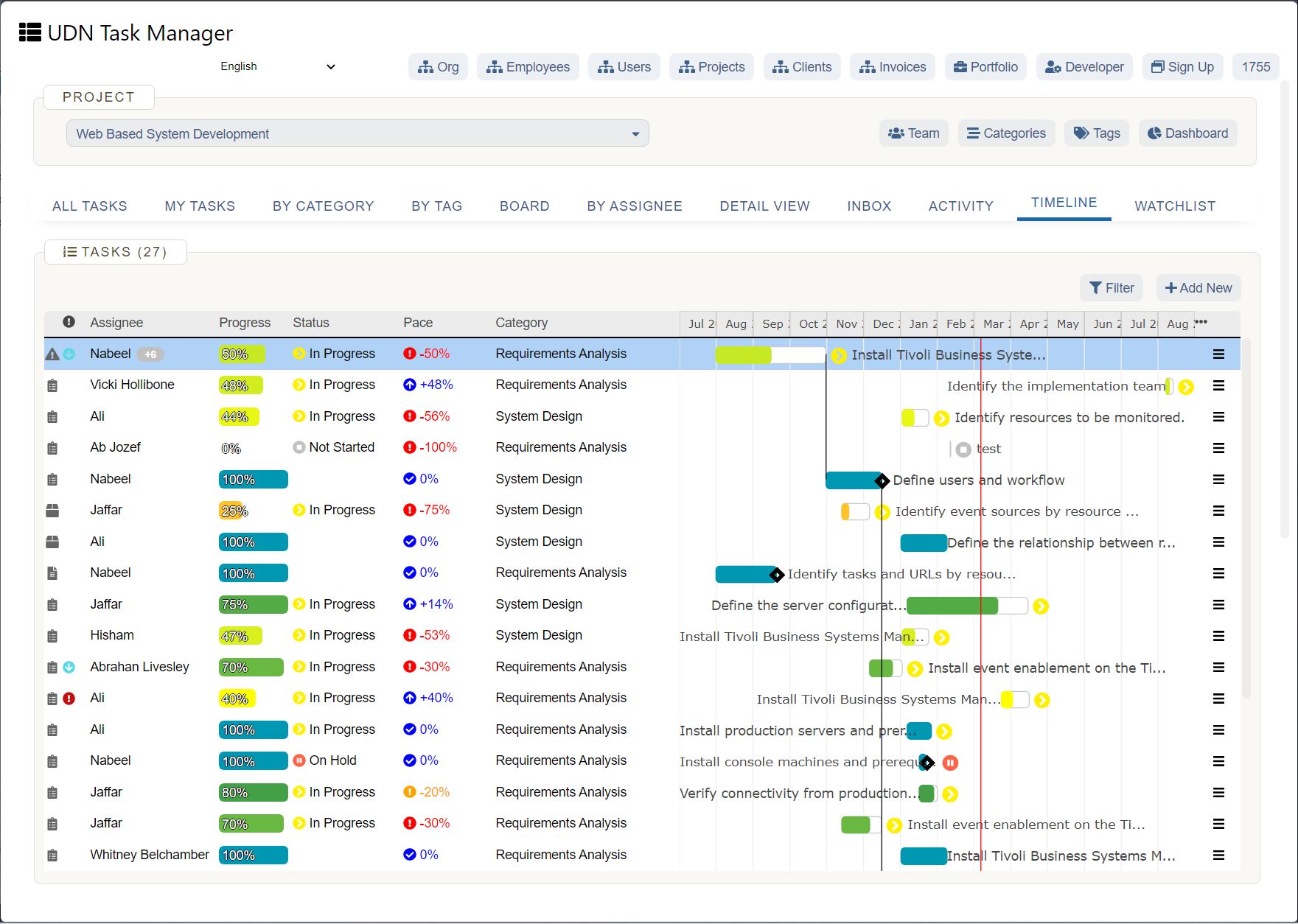
There are hundreds of project management software tools out there to choose from. Some are more robust than others and focused on the demands of enterprise companies. Others are more simplistic and better suited for a nimble startup or small business.
Not sure what you should keep an eye out for? These are some of the key features you should look for in startup project management software, even if you start out on a plan that doesn’t offer all of these features right away:
The level of complexity and customization you’ll need in a project management software tool depends on your business needs. The features listed above should help you dive in and get started, and grow your tool capabilities and usage as you go.
How can project management software for startups help save money?
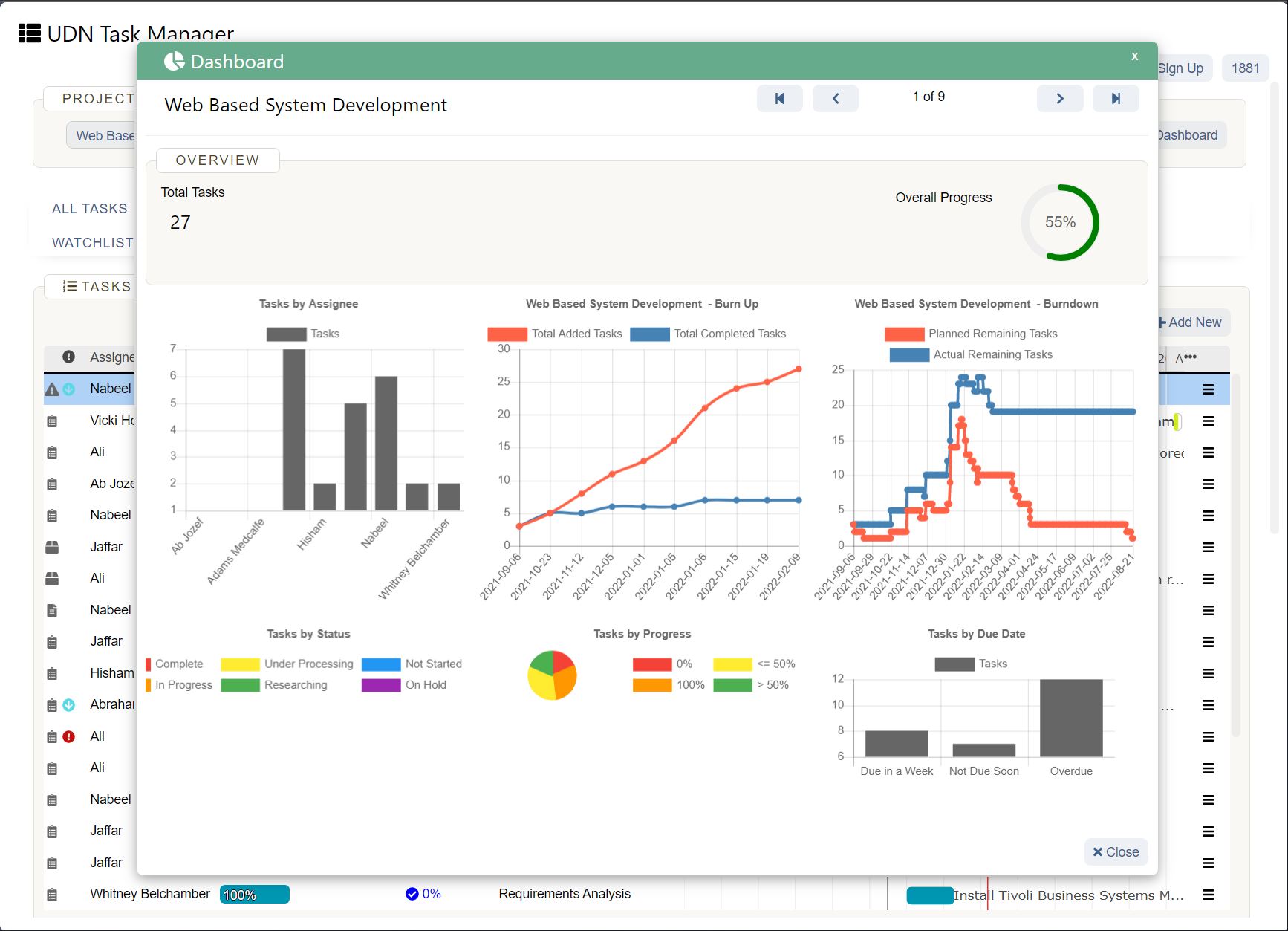
Isn’t project management software going to end up costing your startup more money? Well, technically, yes, depending on the software you choose.
But if we put the cost of the tool aside for a moment, the right project management software can actually help your startup save money too — making it more than worth the cost. Here’s how:
How much is project management software for startups?
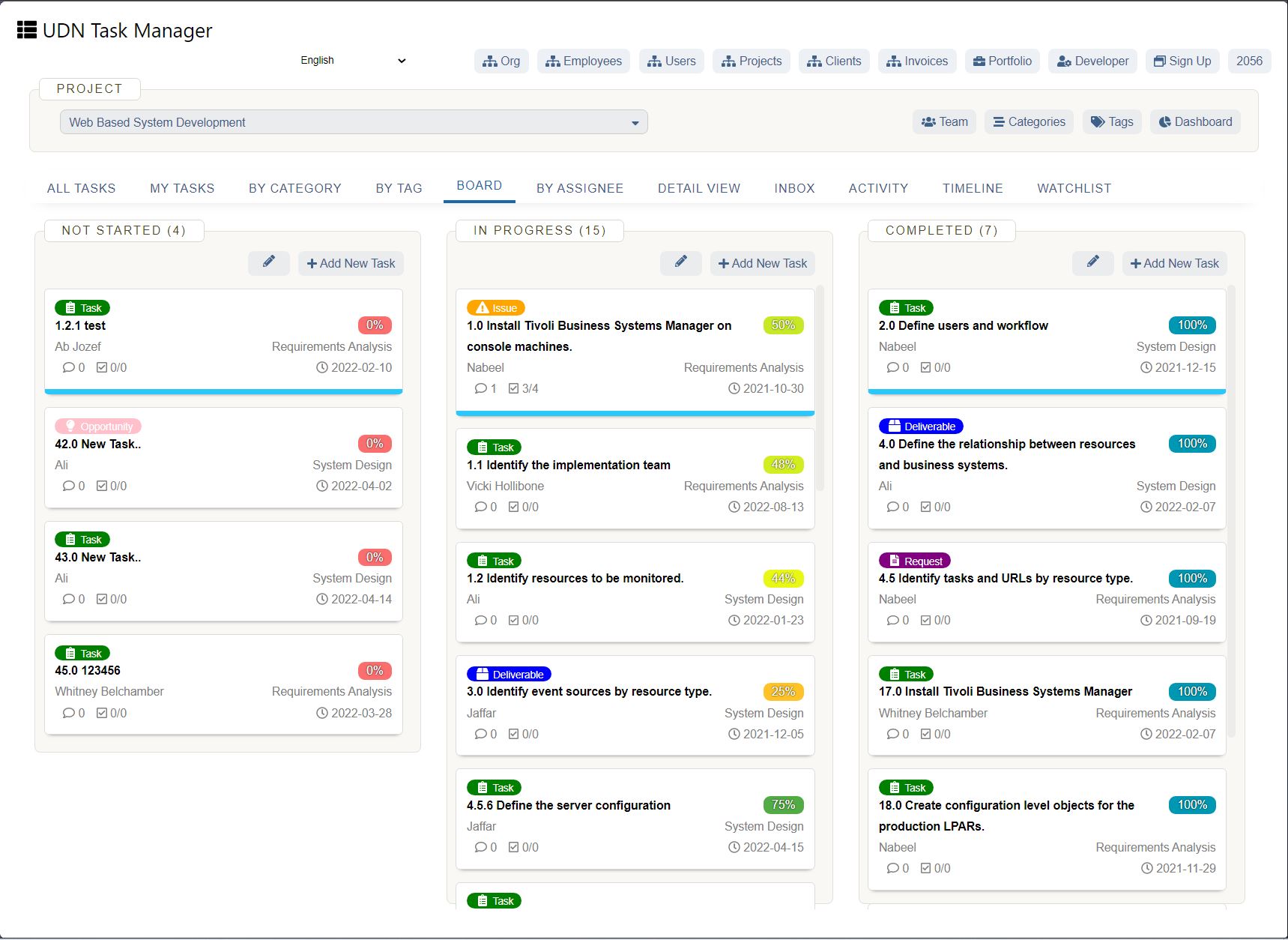
The price of project management software can run the gamut. There are a number of free options out there that may offer limited functionality. There are also a number of robust systems for enterprise corporations that may fall outside of your budget and current needs.
With so many different software options and feature capabilities, there are a few key considerations to keep in mind in terms of pricing. These include:
Let’s talk about each of these in a bit more detail.
For starters, it’s helpful to know what types of features you’re looking for in your project management tool, so you have an idea of what types of plans to consider. Many project management software companies offer free versions of their tools with reduced functionality or a set number of users. These types of solutions may work when getting started, but if you choose a free option, you may want to explore upgraded feature capability in the future.
Another important aspect of the pricing model is whether you’ll be paying per user or a flat fee. You’ll also want to understand if you’re paying monthly or annual subscription fees. These pricing models play a key role in determining the overall budget available for your project management software and whether or not a tool fits within those restrictions.
Don’t forget to add in additional costs. Ask about implementation, training, and support fees and how each of those components is factored into pricing. Especially if the tool is new to you and your entire team, you’ll want to make sure you can offer some training led by the experts to help your team members get up and running successfully. While some basic support might be included in the price, determine whether you’ll need advanced support (and what that costs) — even if it’s only for a short period of time during the initial stages of implementation.
With these considerations in mind, there’s a large pricing range for project management software for startups. As we mentioned, many service providers offer free plans with limited functionality or for a set number of users. Certain software programs may cost anywhere from hundreds to thousands per month depending on per-user or flat fee costs.
UDN Task Manager offers a mix of free and premium paid plans to help you meet your project management needs. With the free plan, you can invite unlimited users and all core elements of project management are included: file sharing, task management , real-time activity , and different views. You get 2 GB of storage space, basic integrations, and Cloud storage integrations. This is a great plan option if your startup team is just starting to dive into project management with the potential to upgrade later.
Additionally, UDN Task Manager offers Professional and Business plan paid options. On a Professional plan, you’ll pay $9.80 per user per month when billed annually and can invite anywhere from five to 200 users. This plan includes subtask management, more storage space, and advanced integrations. The Business plan is even more robust, coming in at $24.80 per user per month when billed annually. You can invite anywhere from five to 200 users on this plan and have access to more complex functionality like custom fields and workflows, reporting templates, request forms, time tracking, and more.
So, let’s do some simple math for the sake of an example. If you have ten team members and choose the UDN Task Manager Professional plan, your annual bill would cost around $1,176. Not so bad for helping your startup get organized and manage projects successfully from the get-go, right?
What is the best project management tool for startups?
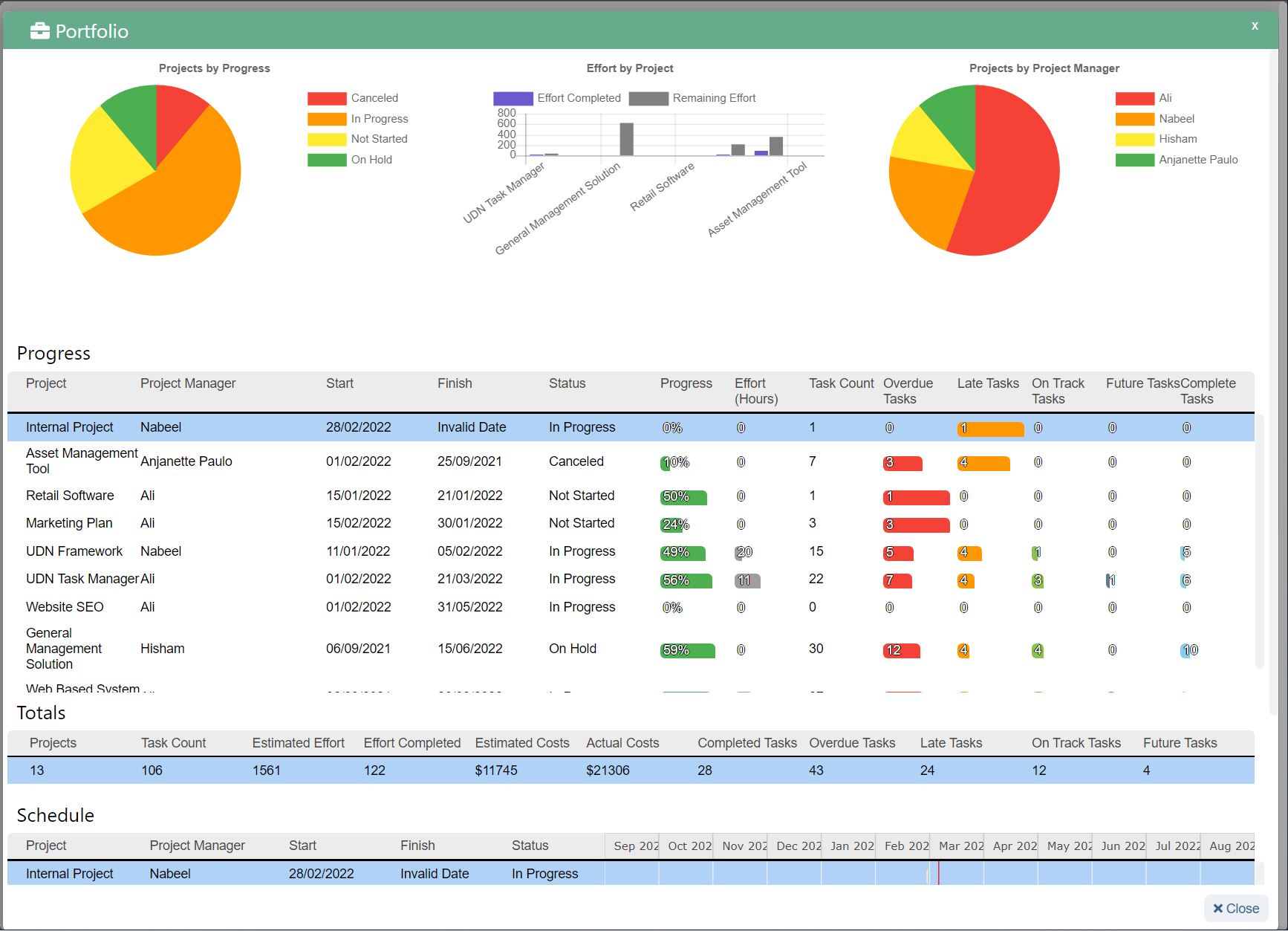
The best project management tool for startups will vary depending on your specific needs, but UDN Task Manager is a great option for any startup who wants to lay an effective project management foundation — and then grow from there.
UDN Task Manager offers many plans to choose from, which gives you the option to choose something more budget-friendly at the beginning and move on to a plan with more functionality and capabilities as your startup grows and needs more project management support.
We think UDN Task Manager is the best project management software for startups and offers the following features (and more) to help your startup succeed:
Remember that project management within your startup doesn’t have to be overly complex and burdensome. The right tool will allow you to make the smartest use of your limited resources, help you stay on top of deadlines to keep your customers and team happy, and give you the tools and processes needed to see projects through to success.
Ready to take project management within your startup to the next level? Sign up for a free trial of UDN Task Manager and set your projects, team, and startup up for success.











